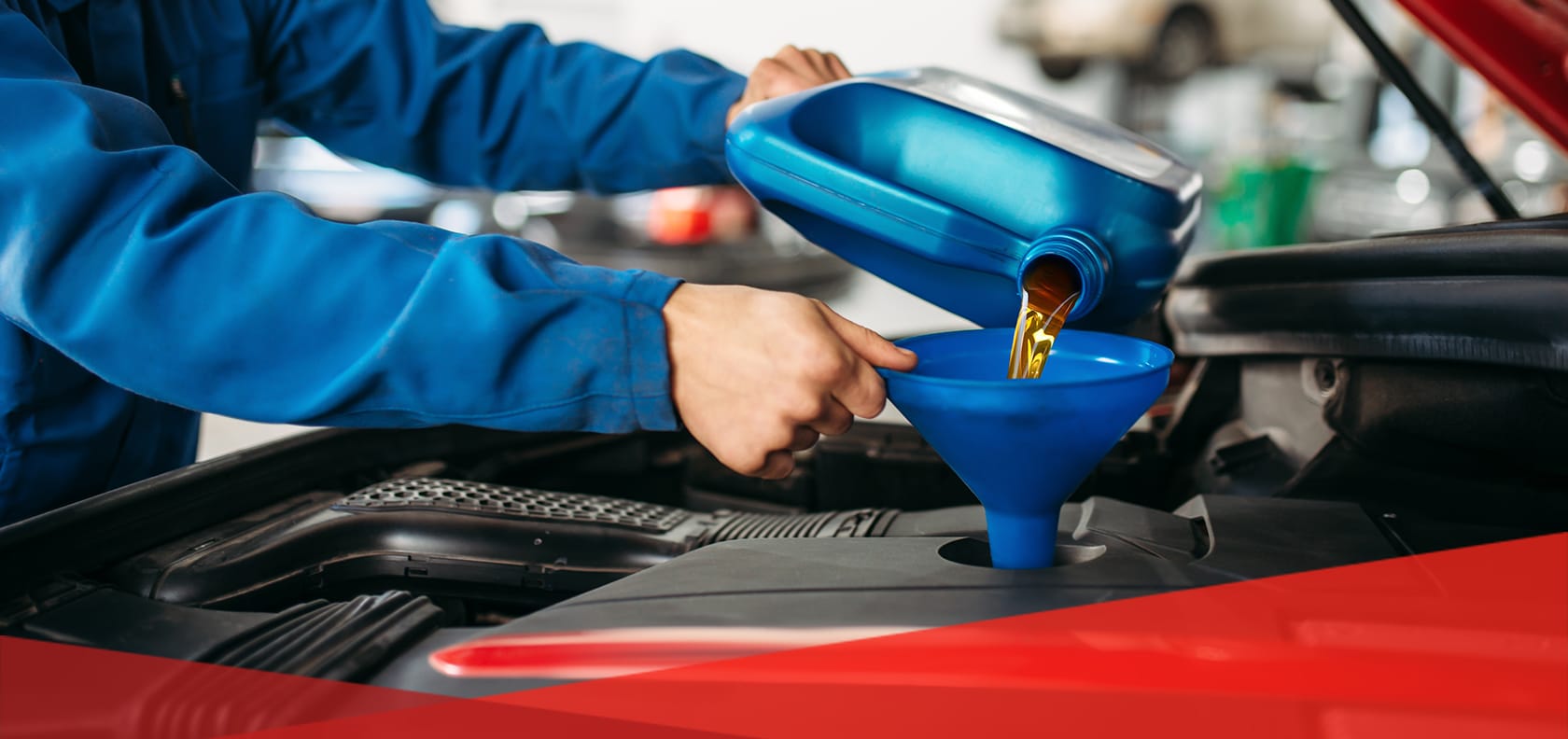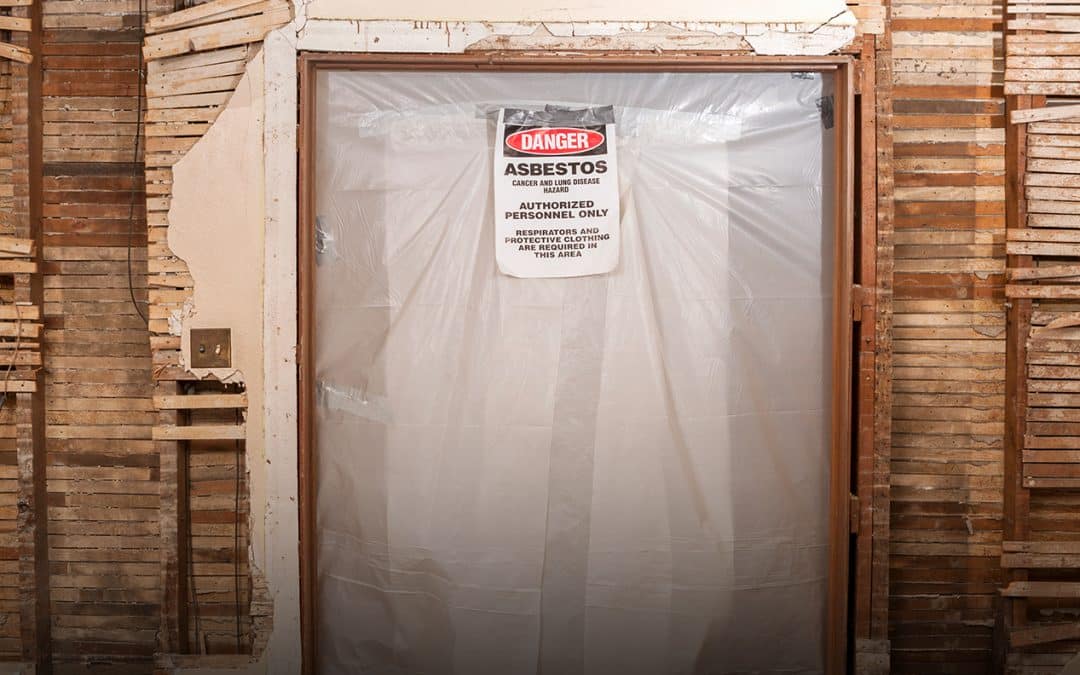New car owners or even people who’ve been driving for several years may wonder about when to change a vehicle’s oil. Changing the oil on schedule remains a fundamental and critical duty for owners wishing to maximize performance and extend a vehicle’s lifespan. Drivers don’t usually need to know how to change oil, but they should know when.
How Often to Change Oil in a Car
Two critical factors often guide decisions about when to change oil in a car: mileage and age. Most drivers likely realize oil becomes dirty from use, and they may keep a watchful eye on the odometer. Hopefully, they marked down the mileage point of the last oil change to perform the change as scheduled.
Before logging the miles between oil changes, car owners and drivers should determine the correct maximum mileage point. For decades, oil changes every 3,000 miles were the norm. Nothing stops anyone from performing a change at the 3,000-mark, but doing so may be premature. Many modern vehicles only need the oil changed every 5,000 miles. Some engines are fine with oil changes every 7,500 miles or more.
There’s no reason to play any guesswork about how long a car can go without an oil change. The vehicle’s owner’s manual may provide recommendations worth following.
Regardless of how many miles someone traveled with their vehicle, oil also breaks down from age. Therefore, keeping tabs on the date of the previous oil changes becomes essential. Oil might be OK for upwards of one year, but some drivers play it safe and change the oil after six months. The owner’s manual may provide specific timeframes. Those not sure could ask the dealer or send an inquiry to a manufacturer.
Not Changing the Oil Could Lead to Trouble
For those wondering what happens when you don’t change your oil, the answer depends on how much time passes between oil changes. New oil has an amber color that turns darker as the miles add up or the months’ pass. If enough time goes by, the oil turns from liquid to sludge. Sludge doesn’t do a great job of lubricating parts and could build up inside the engine, causing other problems.
Excess sludge may result in blown gaskets, ruined parts, and an overheated or seized engine. Yes, failing to change a vehicle’s oil could ruin the engine, turning it to scrap.
Old and dirty oil could cause other problems that aren’t as severe, but they could be costly. Old oil’s poor lubricating ability could result in decreased performance, such as a loss of horsepower. An accident may happen if a car doesn’t perform as expected on the road. MAPFRE Insurance may help drivers facing liability claims if they are at fault for a collision.
A vehicle running on old oil might not display any apparent troubles, but things might not be running efficiently. Aging oil undermines how much mileage a vehicle gets, making driving more costly. Knowing when to bring in a vehicle for a “first oil change in a new car” special might keep costs down and performance up.
Running old oil through the engine could decrease its lifespan, too. Why not make the investment last? Change the oil on time and keep it performing on the road.
How Long Can a Car Go Without an Oil Change?
The “six months or 5,000 – 7,500 miles” standard might not apply in all situations. Older cars may benefit from more frequent oil changes, so the classic 3,000-mile duration could apply. High-mileage vehicles may need oil changes more frequently, as well. Perhaps asking a dealer’s recommendation about how often should you change your oil with such models seems wise.
Of course, emergencies could lead to faster oil changes and even repairs. When the oil change light in a car turns on, checking the oil level immediately could prevent a totaled engine. Oil might be leaking out, and the engine could seize without repairs.
Fundamentals count when taking care of a new or older car. Finding out when a particular make and model requires an oil change and, more importantly, following through with the service could keep a vehicle running better and safer.



